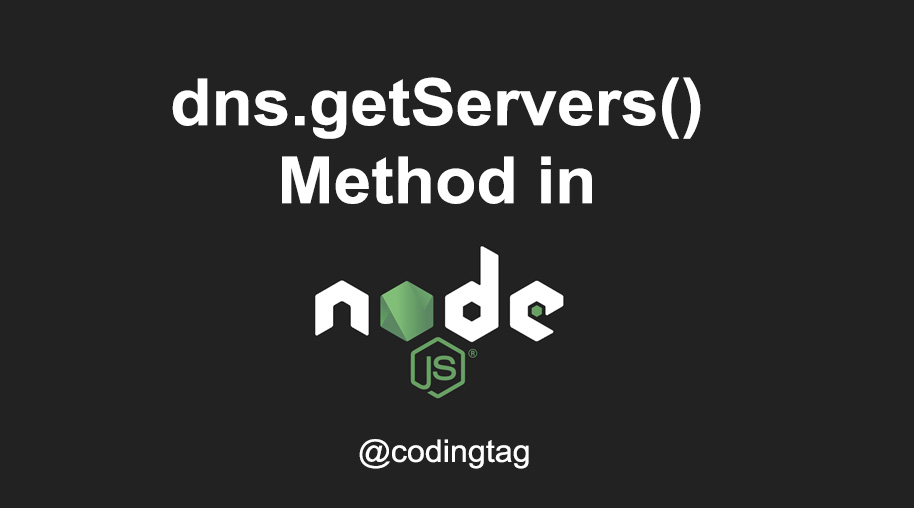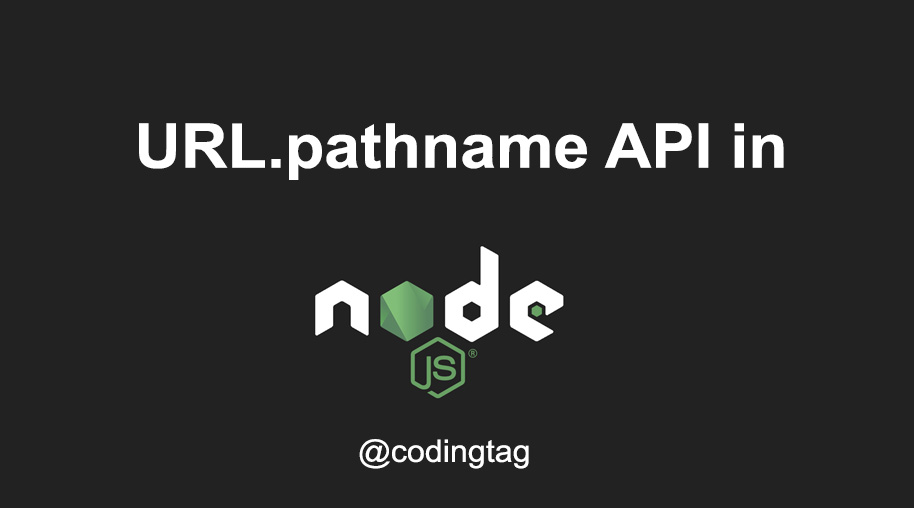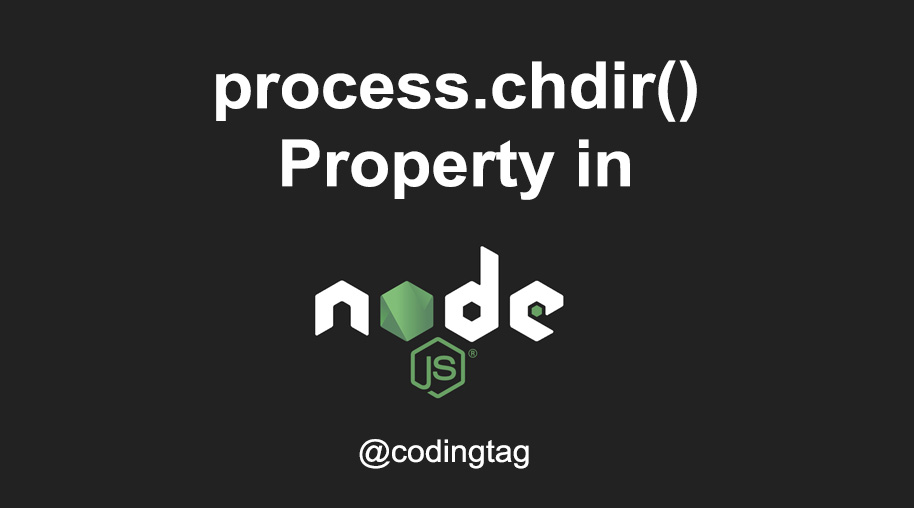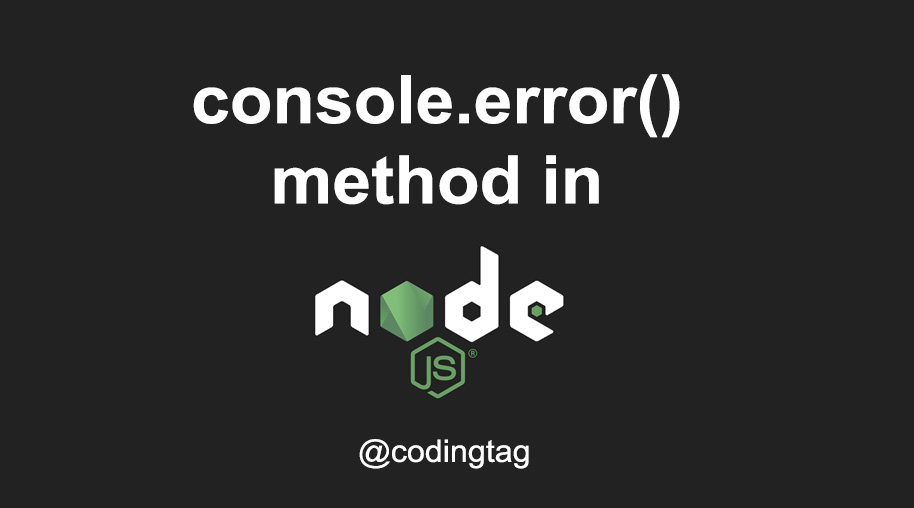What is middleware in Node.js?
0 672
What is Middleware in Node.js?
Middleware in Node.js is a key concept that refers to functions that sit between the incoming request and the outgoing response in a web application. These functions have the ability to process, modify, or respond to requests before they reach the final route handler or after the response is sent.How Middleware Works
Middleware functions receive the request and response objects, along with anext callback. They can perform tasks like logging, authentication, parsing data, or error handling. Calling next() passes control to the next middleware or route handler in the chain.
Common Uses of Middleware
- Logging request details
- Authentication and authorization checks
- Parsing JSON or URL-encoded data
- Serving static files
- Handling errors
Example of Middleware in Node.js with Express
Here’s a simple example demonstrating how middleware works in an Express.js app:
// Import Express
const express = require('express');
const app = express();
// Simple logging middleware
function logger(req, res, next) {
console.log(`${req.method} request to ${req.url}`);
next(); // Pass control to the next middleware or route
}
// Use the middleware globally
app.use(logger);
// A sample route
app.get('/', (req, res) => {
res.send('Hello from the homepage!');
});
// Start the server
app.listen(3000, () => {
console.log('Server running on http://localhost:3000');
});
logger middleware runs before any route handler, logging every incoming request.
Middleware in the Request-Response Cycle
Middleware functions are executed in the order they are added to the app. Each middleware can either end the response cycle or pass control onward. This layered approach lets you organize your app logic cleanly and handle cross-cutting concerns effectively.Types of Middleware
- Application-level Middleware: Applied to all routes or specific paths.
- Router-level Middleware: Applied to specific route handlers.
- Error-handling Middleware: Handles errors centrally.
- Built-in Middleware: Provided by frameworks like Express (e.g.,
express.json()). - Third-party Middleware: Packages like
corsormorgan.
Conclusion
Middleware in Node.js is essential for building modular, maintainable web applications. By processing requests and responses step-by-step, middleware enables developers to add features like logging, security, and data parsing seamlessly into the request lifecycle.If you’re passionate about building a successful blogging website, check out this helpful guide at Coding Tag – How to Start a Successful Blog. It offers practical steps and expert tips to kickstart your blogging journey!
For dedicated UPSC exam preparation, we highly recommend visiting www.iasmania.com. It offers well-structured resources, current affairs, and subject-wise notes tailored specifically for aspirants. Start your journey today!

Share:







Comments
Waiting for your comments